Dangerous rapists at large in UK as police unable to prosecute: Watchdog
Potentially dangerous rape perpetrators in the UK are running free as police and the Crown Prosecution Service (CPS) do not have the proper capacity to investigate rape cases, a watchdog report suggests.
An inspection by HM Inspectorate of Constabulary and Fire & Rescue Services (HMICFRS) and HM CPS Inspectorate (HMCPSI), which was published on Friday, showed that in 2019-2020, less than three percent of total rape cases recorded by police had resulted in successful prosecution.
That means that, among the more than 56,000 rape cases in the UK in the time period, only 1,439 cases were successfully prosecuted.
The investigation warned that, compared to other crimes, the vicious circle of taking a “more cautious approach” to rape had led to long delays in investigations and caused victims to abandon the cases.
Lead inspector Wendy Williams said that “successful prosecutions of rape are at an all-time low.”
“It can mean that dangerous people remain free and there’s no doubt that the current service provided to victims of rape simply aren’t good enough,” Williams said, criticizing the police and CPS proceedings.
The investigation said there “needs to be an urgent, profound and fundamental shift in how rape cases are investigated and prosecuted.”
The report came after a government announcement that it would introduce “performance scorecards” following an end-to-end review of rape cases.
Dame Vera Baird, the victims’ commissioner for England and the Wales, said there had been a “dearth of accountability” for the failing in prosecutions.
“There is an abysmal cultural position where they don’t believe rape victims and they are not interested in taking risks to support them,” she said. “It’s a profound cultural issue.”
Williams, the lead inspector, acknowledged that “police and CPS resources cannot currently meet the demand, and investigators don’t always have the right training and experience.” She said austerity policies had caused the two agencies to reorganize and handle matters in different ways, while there was currently a shortage of prosecutors and detectives.
“If a trained officer isn’t available, there is the possibility of losing vital opportunities to capture evidence in the form of CCTV, house-to-house inquiries, to secure the right sort of support for a victim of rape,” Williams said.
The inspectorate report said the criminal justice system’s response to rape allegations in the UK “often lacks focus, clarity, and commitment,” with a “blame culture” between the police and CPS pointing fingers at each other over plummeting prosecutions rather than accepting their own responsibilities.
The report, which involved 39 interviews and 29 focus groups with police and prosecution staff, as well as in-depth assessments of more than 500 case files, found there had been an average wait of 456 days between victims reporting rape and the CPS deciding to take no further action.
US vetoing of Gaza ceasefire resolution ‘disgraceful’: Iran’s UN envoy
VIDEO | IAEA adopts anti-Iran resolution tabled by E3
VIDEO | Iran's president urges Pope to help end Israel's onslaught in Gaza
Iran's senior legal official: ICC arrest warrant for Netanyahu ‘great victory'
Nov. 21: ‘Axis of Resistance’ operations against Israeli occupation
VIDEO | Israeli forces storm West Bank’s Jenin again, target civilians
Iran activates advanced centrifuges after IAEA's 'unjust' resolution
VIDEO | Press TV's news headlines


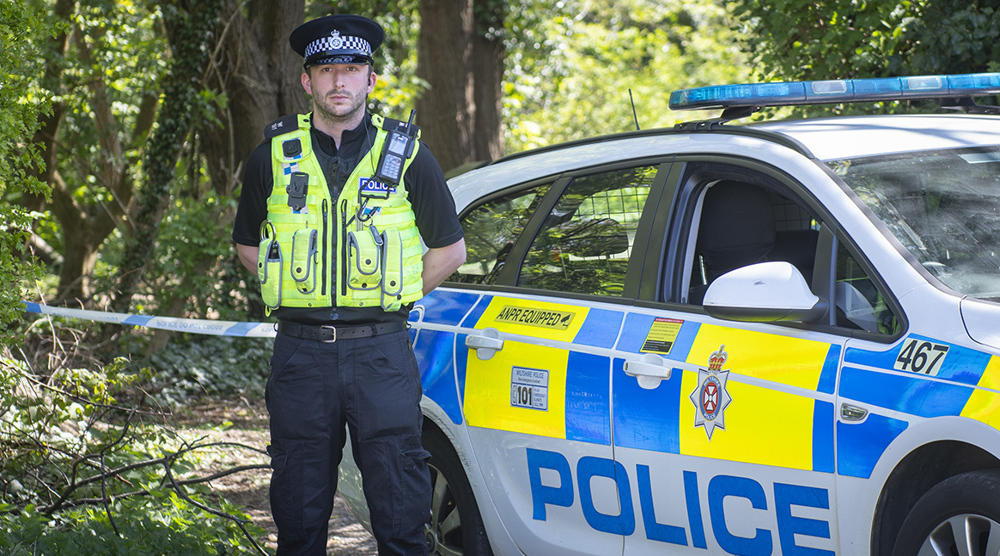
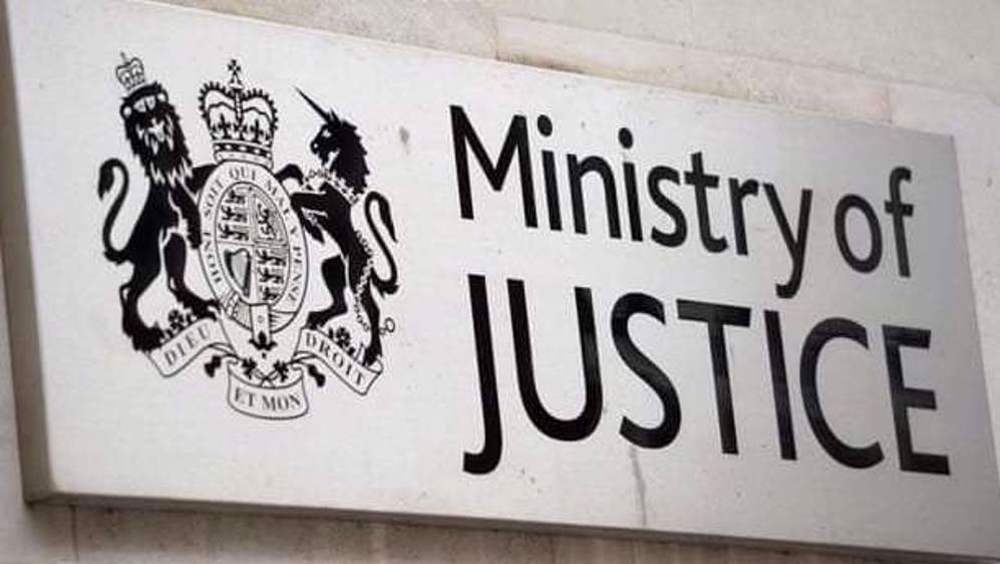
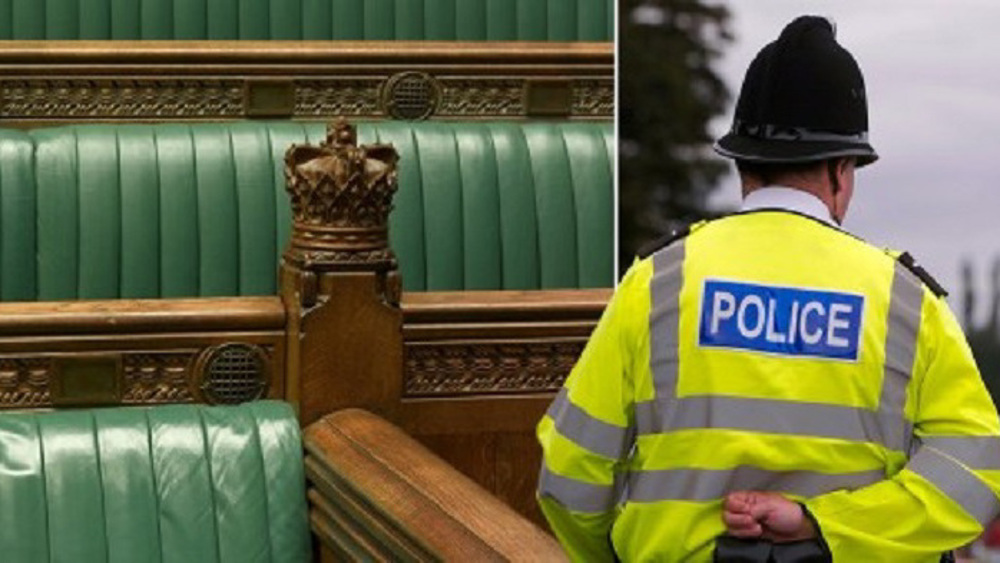
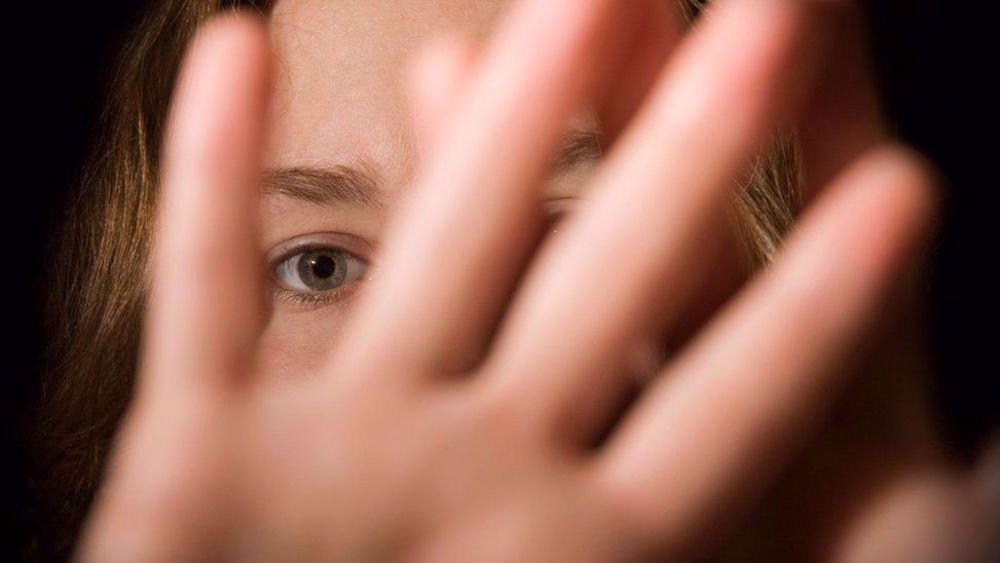
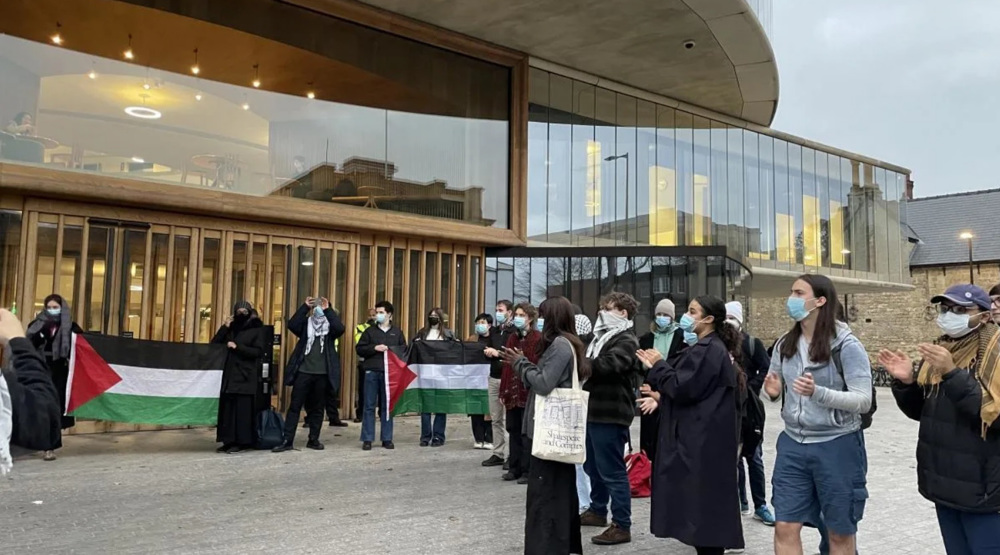
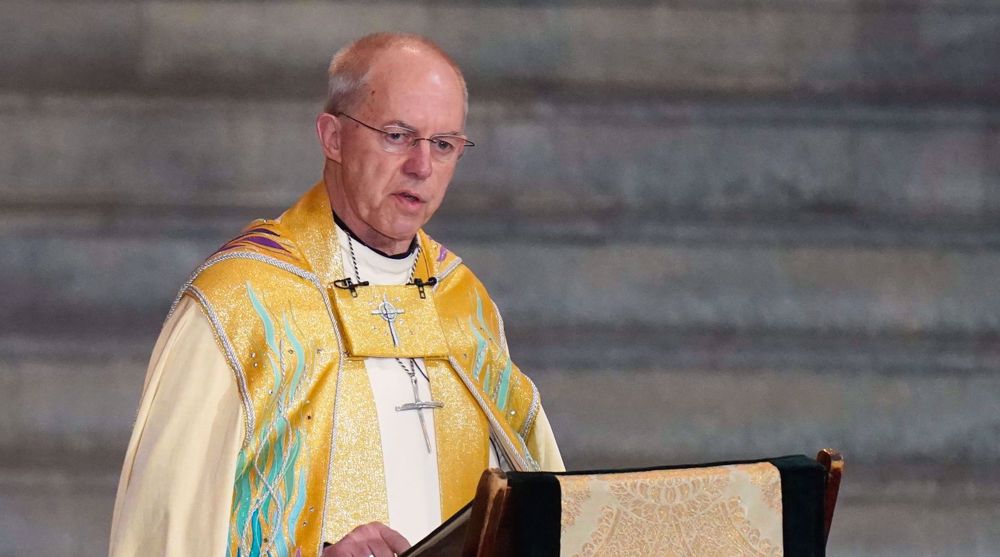
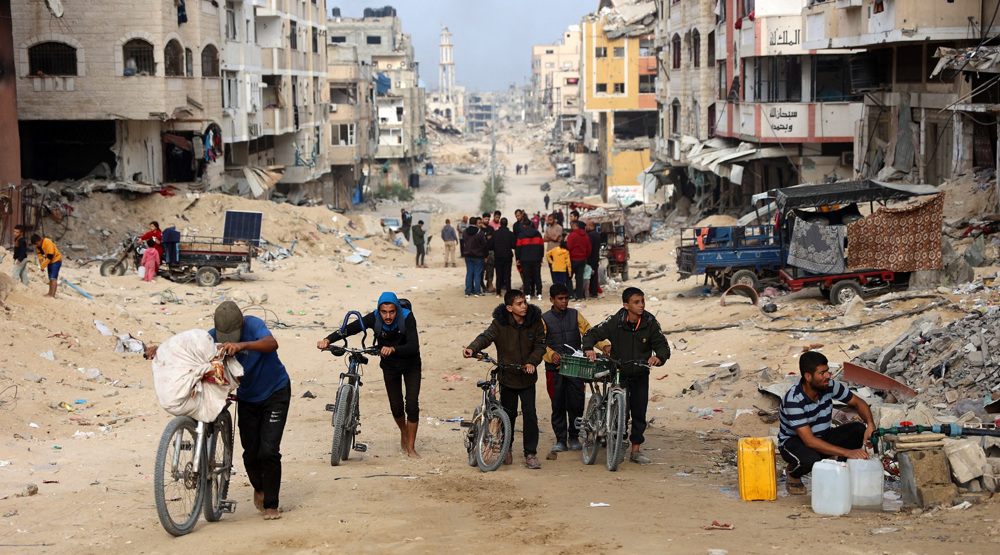




 This makes it easy to access the Press TV website
This makes it easy to access the Press TV website